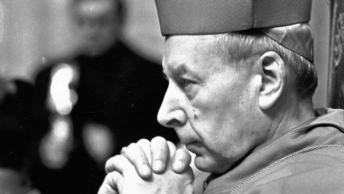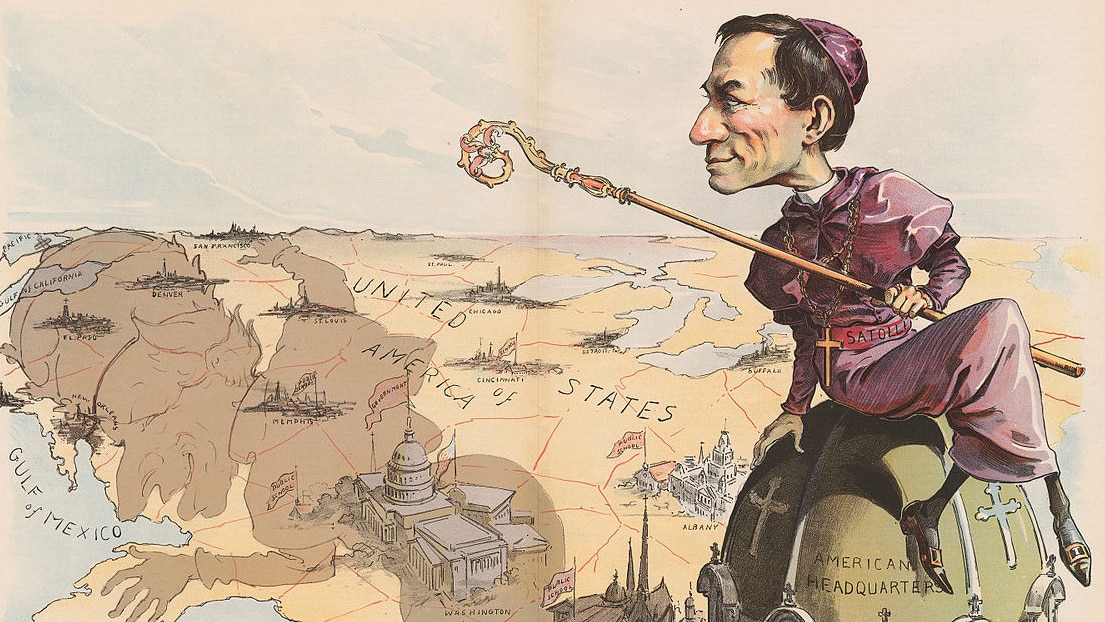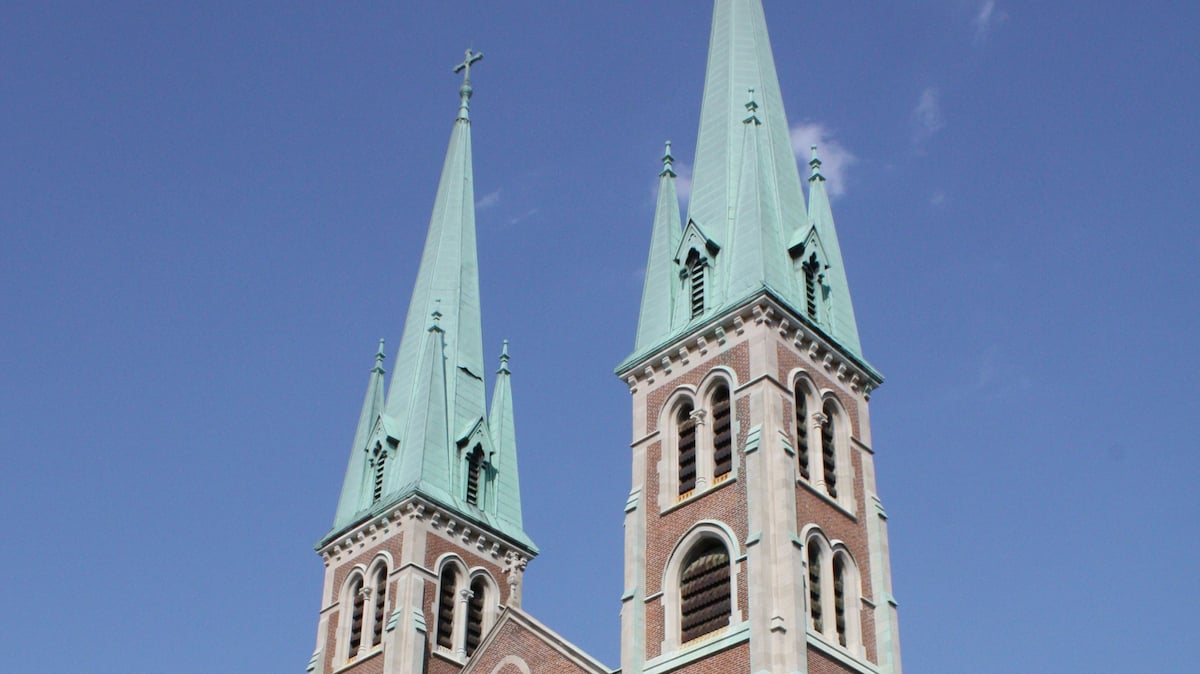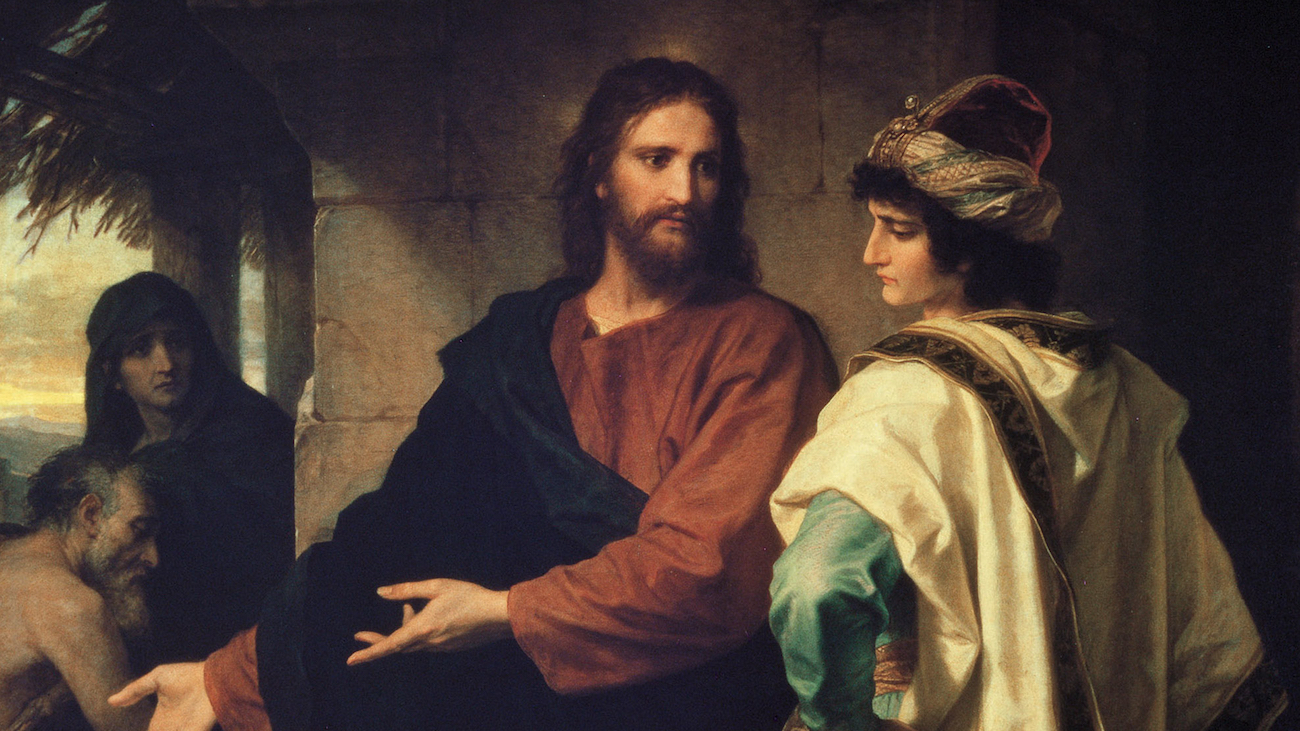Relativism has a built in contradiction. To make a claim that there is no such thing as objective truth is itself a claim about the nature of truth. If the truth proposition that there is no objective truth is true, then relativism cannot be true, because to deny objective truth is making an objective truth claim about the truth of relativism. Therefore there would have to be one objectively true proposition, that is, there is no objective truth.
If relativism demands tolerance, can tolerance stand up to the scrutiny of truth? Can a relativist condemn the practice of Christians being sold into slavery in the Sudan, or the forced abortions and sterilizations imposed by China’s one child policy? Unless the proposition that slavery is morally wrong is objectively true, the relativist must accept that the practice is not wrong, regardless of personal opinion. The relativist cannot condemn the practice of slavery in the Sudan. The relativist must tolerate the practice as the norm for that culture. People can either become the property of someone else, or they cannot. The law of non contradiction dictates that it cannot be both. Many politicians today claim that they are personally opposed to abortion, yet cannot impose their belief on others who may hold a contrary opinion. Either the unborn baby is a human person deserving of the right to life, or it is not. The baby in the womb is not changed by what opinion is believed. The danger inherent in tolerance is that anything goes. Culture will decide the value of a human life. At what age does life become disposable? At what point does the value of a person become so little that it costs society too much to continue to sustain the person in life? Without an objectively true and universal understanding of the value and definition of what it is to be a person, the question “what is man” will never be answered.
Why, then, is it necessary for a Catholic Christian to reject relativism? In a commentary on Pope John Paul II’s encyclical Faith and Reason, Father J. Michael Miller points out the fact that John Paul defines the human person as “one who seeks the truth.” (J. Michael Miller. The Encyclicals of John Paul II. Pg 836. Our Sunday Visitor, Inc. Huntington, IN., 2001)
“We are on a journey of discovery, a search for truth that cannot be halted. Christian faith offers the possibility of reaching the goal – the truth revealed in Christ. This truth and philosophical truth are not opposed; on the contrary, the two modes of knowledge lead to truth in all its fullness…What human reason seeks ‘without knowing it’ can only be found through Christ.” (IBID pg 837)
“The truth communicated in Christ’s revelation is therefore no longer confined to a particular place or culture, but is offered to every man and woman who would welcome it as the word which is the absolutely valid source of meaning for human life. Through this Revelation, men and women are offered the ultimate truth about their own life and about the goal of history. Only in the mystery of the Incarnate Word does the mystery of man take on light.” (IBID pg 856, 857)
The question then becomes why are you Catholic?
The only good answer that can suffice is because what the Catholic Church teaches is true. The Catholic must hold these truths to be objective, absolute and universal. History has proven that to be the case. Cafeteria Christianity has lead to the creation of over 30,000 denominations. The relativist attitude of Christians has splintered the body of believers. Is Jesus present body, blood, soul and divinity in the Eucharist? Non Catholic Christians deny this truth claim of the Catholic Church. If it is not true, then there is no need for the Catholic priesthood, and Catholics are wasting their time in attending Mass. The Eucharist cannot be and not be what the Church claims. The same can be said for all of the other doctrines of faith which the Church teaches; confessing one’s sins to a priest, the immorality of contraception and abortion, premarital sex, the sanctity of marriage, the necessity of baptism, the divinity of Jesus and the truth of his resurrection. As St. Paul teaches in First Corinthians chapter 15, if we don’t believe, our faith is in vain. If what the Catholic Church teaches in not true, then we live our lives as Catholics in vain.
In his book Theology and Sanity, Frank Sheed makes the observation that most Catholics have “Catholic wills but not many have Catholic intellects.” (Frank Sheed. Theology and Sanity. Pg 22. Ignatius Press, San Francisco, CA. 1993)
To believe the truths of faith, to be intellectually committed to these truths, implies that one understands and knows the truths and can defend them rationally. Otherwise, they are only opinion. The Catechism of the Catholic Church in paragraph 2470 teaches “The disciple of Christ consents to live in the truth, that is, in the simplicity of a life in conformity with the Lord’s example, abiding in his truth. If we say we have fellowship with him while we walk in darkness, we lie and do not live according to the truth.” (Catechism of the Catholic Church. Ignatius Press, San Francisco, CA. 1994)
To take a relativistic position on truth, then, is to be unable to know Jesus Christ, who is the truth. To be a relativist is to admit that the martyrs have suffered and died in vain. To be a relativist is to deny the missionary and evangelical mission of the Church. Frank Sheed eloquently expresses the necessity of objective truth for the life of faith, “Sanity, remember, does not mean living in the same world as everyone else; it means living in the real world.” (Frank Sheed. Theology and Sanity. Pg 7. Ignatius Press, San Francisco, CA. 1993)








